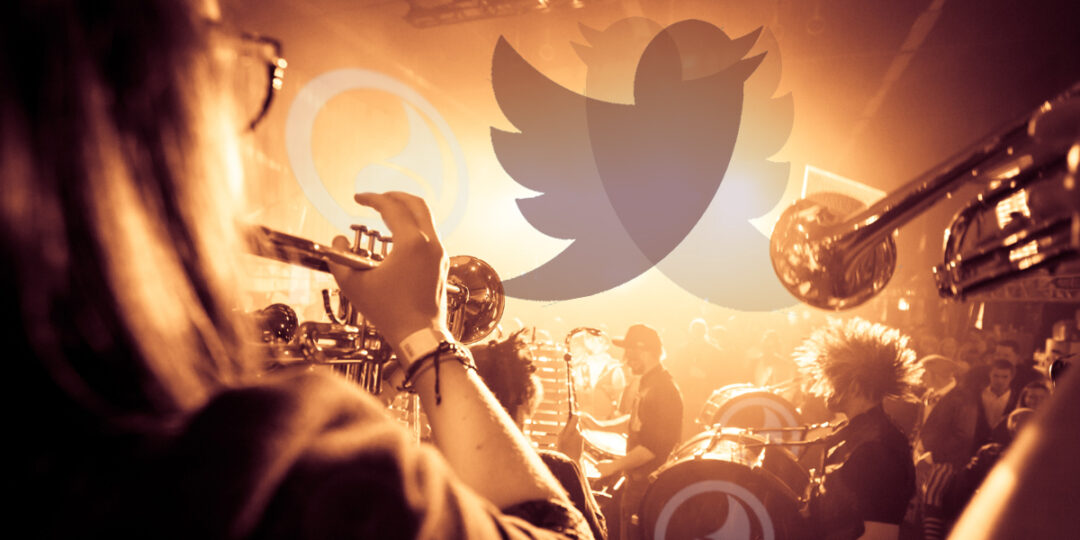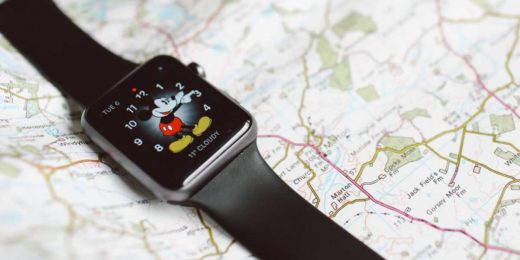I’ve been a Twitter user since 2008. I was early to it. So early that most people looked at me strangely and said ‘why would you do that?’ Well, I’ve just downloaded every tweet I have ever posted – all 8169 of them (you never know what might happen, and it’s an interesting record of my thoughts for the last 14 years or so) and this was my first tweet…
trying to find food.
— David Fuller (@dmfreedom) July 17, 2008
And your reaction now is probably the same as it was then.. Who cares? Well, since then the richest and most powerful people in the world have cared, but that’s one of the problems with the platform.
While many pundits have focussed on Elon Musk’s ‘Free Speech’ manifesto, there is a lot more nuance to what Twitter is and what it could be. So here are some thoughts.
Twitter is an Elitist Platform
Sure, anyone can create an account, but Twitter has become the online space for journalists, politicians, pundits and activists. It’s not really a ‘public square’ because most of the public still don’t care. There isn’t even an element of FOMO anymore, because anything that is Tweeted that is important enough will be automatically republished in other places.
Twitter is Not Best of Breed… or is it?
There are better places to do the things that we used to do on Twitter. Professionals talk on Linkedin. Sports teams talk to their fans on Instagram. Families and friends engage on Facebook. Influencers find audiences on Tik-Tok. There are not many user cases for Twitter that aren’t done better by another platform – with some exceptions.
Search: The advanced search function of Twitter is a powerful tool. Searches can be filtered and narrowed by location, date, exact phrase and language. You can exclude words from a search, filter by account, whether or not a tweet has a reply or not… Maybe this is the gold nugget that Elon Musk has bought. Imagine a search engine as powerful as Google, but in real-time. This is the kind of stuff that, coupled with 5G and machine learning allows autonomous vehicles to understand weather, events and identify long term trends. Should that all be in the hands of a private company? Hmm…
Lists: One of my favourite features of Twitter is the ability to filter my feed. It’s something that I wish Linkedin or Facebook offered. Just show me the posts of people near me, or just show me the posts of people who I have tagged as ‘sane’.
Freedom of Speech & Anonymity and Identity
These three topics are hard to decouple when thinking about the future of Twitter. Speech changes with anonymity
The focus on freedom of speech as a motivation for Elon Musk’s bid to buy Twitter is a very American thing. Not every country has a clause in the constitution that enshrines this right. And even if Twitter were to remove all rules and moderation, self censorship would exist in many places.
The fact that Twitter allows accounts to be anonymous changes the behaviour of users. On Linkedin, where professional reputation is at stake, discussions are more measured and useful. Anonymity allows for satire – like Thoughts of Dog, and also gives a voice to those who do live in oppressive regimes.
But anonymity also allows people to use it as a shield to hide behind as they engage in abusive or hateful language. It also makes it hard to differentiate between real accounts and bots.
In theory, identity technology including some blockchain solutions could enable a site like Twitter to authenticate an account without revealing personal information. Someone with the product smarts like Elon Musk could work that out fairly quickly. Which brings us to the next question…
How can Elon Musk get an ROI on $44bn?
Perhaps the answer is in the value of Twitter search, though to be useful, this needs to have users and to have users, Twitter needs to be useful.
Many commentators have focused on the Twitter share-price and the valuation in relation to revenue. But Elon Musk doesn’t need to increase the number of active users – the platform would be better with less e.g. bots and fake accounts. The number that should be in focus, which people often forget, is Lifetime Value.
One way to get a higher revenue per user would be subscriptions, but the utility of the platform is not strong enough. If people don’t want to subscribe to Netflix, they are not going to pay to get shouted at but the mob.
The advertising model on Twitter doesn’t really work. This is also because of anonymity. A lot of waste sending ads to people who are not people.
Another way to get a payback is to turn Twitter into a Super-app or protocol or operating system. What if Twitter supported peer-to-peer payments? What if you could pay with a tweet?
I talk about some of these things on the Pilote Podcast…
And… I also talk about my history with Twitter in some of the out-takes from that episode





No Comments